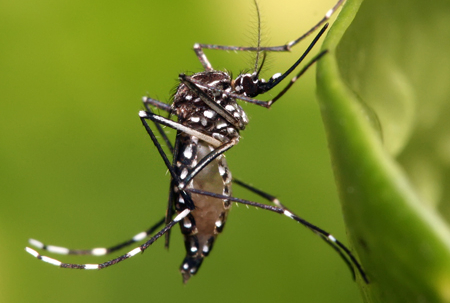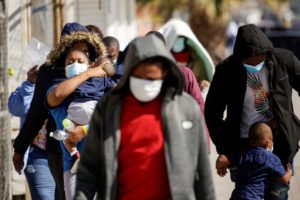
Just when we thought Zika was our biggest problem. Physicians in Haiti and researchers from the University of Florida (UF) have stumbled upon a patient infected with a rare virus never before been reported in the Caribbean country.
Known as “Mayaro virus”, it is closely related to chikungunya virus and was first isolated in Trinidad . Lednicky, who runs UF’s laboratory in Haiti, said the Mayaro virus first was found in Trinidad and Tobago in 1954, and has been causing outbreaks in South America, mainly in the Amazon.
The symptoms of Mayaro fever are similar to those of chikungunya – fever, joint pain, muscle pain and rashes. Abdominal pain is also a feature of Mayaro fever, however, and joint pain can last longer. Whether this case signals the start of a new outbreak in the Caribbean region or is an isolated incident is currently unknown.
Geneng News Reports,
The findings from the new report were published online in Emerging Infectious Diseases in an article entitled “Mayaro Virus in Child with Acute Febrile Illness, Haiti, 2015.”
“While current attention has been focused on the Zika virus, the finding of yet another mosquito-borne virus that may be starting to circulate in the Caribbean is of concern,” explained senior study investigator Glenn Morris, M.D., director of the UF Emerging Pathogens Institute (EPI). “Hopefully we will not see the same massive epidemics that we saw with chikungunya, dengue, and now Zika. However, these findings underscore the fact that there are additional viruses ‘waiting in the wings’ that may pose threats in the future, and for which we need to be watching.”
Miami Herald Reports,
On Thursday, the university announced that the National Institutes of Health awarded it more than $1.75 million to study the Zika virus. The funding will support the laboratory’s ongoing Zika research in Haiti.
The UF team and infectious disease agencies are working closely to keeping an eye on the situation in Haiti and other Caribbean nations to identify and potentially get out in front of any emerging outbreaks.





























